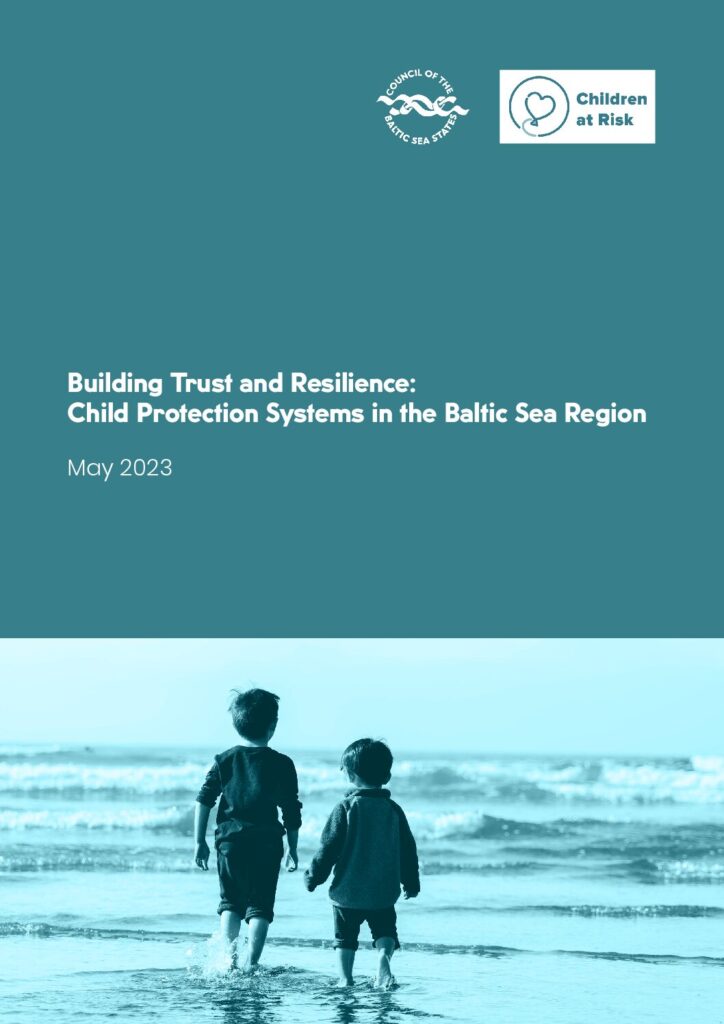The Norwegian Presidency of the CBSS Expert Group on Children at Risk focused on good practices and building trust between the systems in the region. It featured a project, with funding from the CBSS Project Support Facility, which mapped child protection systems and promising practices. This work contributed knowledge about child protection systems in the region and forms the basis for further collaboration and trust in the Baltic Sea Region.
On 8 June 2022, the Norwegian Presidency of the CBSS organised a conference in Oslo (hybrid) to introduce the results of a comprehensive mapping of national child protection systems and promising practices in the Baltic Sea Region.
Looking at child protection systems in seven countries in the Baltic Sea Region, the mapping identified good practice and core elements of inclusive, sustainable, and resilient national child protection systems, that provide a continuum of protection, including in times of crisis. The mapping also made note of good cross-border practice that contributes to mutual trust and cross-border collaboration between national child protection systems.
The conference provided opportunities for reflections on key elements of resilient and inclusive child protection systems, including in crisis, promoting a common understanding, collaboration and mutual trust among child protection systems and actors across borders.
Building Trust and Resilience: Child Protection Systems in the Baltic Sea Region

The summary of the mapping has now been published and provides a concise overview of the results of the mapping in seven countries in the Baltic Sea Region (Denmark, Estonia, Finland, Germany, Iceland, Lithuania and Norway).
The summary focuses on six integrated elements of child protection systems:
- Legislation, Policy, and Reform
- Governance and coordination
- Child protection service models and frameworks
- Social work
- Monitoring & evaluation and accountability
- Participation, including child participation